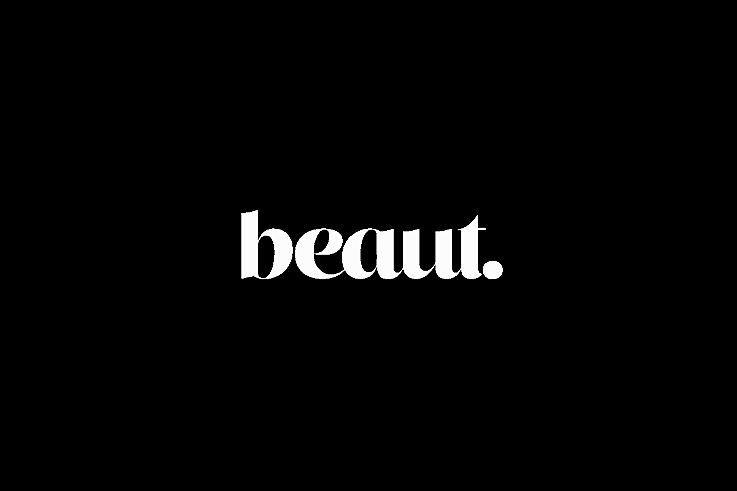

With the entire world gone Cherdill mad (I predict a riotous backlash soon, there's no way the UK redtops will allow her to remain unsavaged for long) and Blake Lively climbing up the hair-charts (I just invented the hair charts. Right this second), hair extensions are huge news and have been for some time.
Problem: nylon ones are crap and tangle, real hair ones are hella expensive, take a load of upkeep and the bonds can wreck your own hair. And that's all before we address any ethical concerns - because the whole area of human hair extensions is a seriously murky one.
When I heard about Flip-in Hair my BeautyDar perked up. The concept sounds kinda cheesy but good for someone who can't get on with the bonded versions: real hair is stuck to a thin wire that you attach to your head. It's then hidden by your gruaig, there are no bonds, glue or weaving, it's apparently very simple to put in and take out, and you can wash and style it normally as the hair is natural.
And therein lay the rub as far as I was concerned. Natural hair extensions are often sourced unethically, or taken from Indian women in religious ceremonies and flogged on by monasteries who make massive profits. There's no real regulation - put it this way, there's definitely no ombudsman for hair extensions. So before I wrote about Flip-in Hair I wanted an assurance that they ethically source their human hair.
Advertised
According to the company's MD, "we import the hair from China and it is ethically sourced in accordance with government regulations." Grand so, I'm happy with that, and if you think Flip-in Hair sounds like something you'd flip for, then good news: they've just announced an exclusive Irish stockist, Wapa (01 853 2250, www.wapahairandbeauty.com) in Dublin's Clontarf.
Offering offers customers free consultation, styling and fitting, hair-pieces start at just under €120 each, come in 33 shades and varying lengths.
What do you reckon? Would you splash the cash for a low-commitment extra fall of hair to add volume and length?



